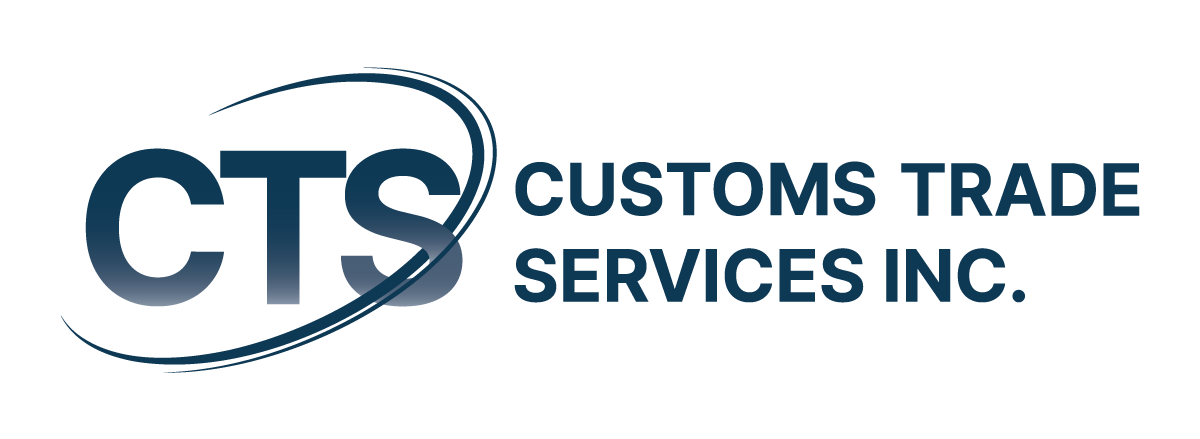Canada’s New Labour Reporting – What You Need To Know
FORCED LABOUR IN CANADIAN SUPPLY CHAINS
Bill S-211 – An Act to enact the Fighting Against Forced Labour and Child Labour in Supply Chains Act and to amend the Customs Tariff.
The purpose of this Act is to implement Canada’s international commitment to contribute to the fight against forced labour and child labour through the imposition of reporting obligations on:
- government institutions producing, purchasing, or distributing goods in Canada or elsewhere; and
- entities producing goods in Canada or elsewhere or in importing goods produced outside Canada.
Which businesses are impacted by Bill S-211
The Act identifies an entity as a corporation or a trust, partnership, or other unincorporated organization that:
- is listed on a stock exchange in Canada
- has a place of business in Canada, does business in Canada or has assets in Canada and that, based on its consolidated financial statements, meets at least two of the following conditions for at least one of its two most recent financial years:
-
- it has at least $20 million in assets,
- it has generated at least $40 million in revenue, and
- it employs an average of at least 250 employees; or
If a corporation or a trust, partnership, or other unincorporated organization meets either of criteria (a) or (b) then it is an entity for the purposes of the Act. These criteria are exclusive; for example, a company with shares listed on the TSX Venture Exchange is an entity, even if it does not have a place of business in Canada or meets any of the size-related thresholds.
- The categories of corporation, trust, partnership, and other unincorporated organizations should be interpreted broadly and extend to similar forms of business organization. For example, these categories include unlimited liability corporations, limited partnerships, and royalty trusts.
- The definition of entity includes entities headquartered and operating in Canada or in any other country or jurisdiction.
- It is the responsibility of the entity to assess how the Act applies to their specific circumstances.
Reporting Obligations – Entities
This part applies to any entity:
- producing, selling, or distributing goods in Canada or elsewhere.
- Importing into Canada goods that are produced outside of Canada; or
- Controlling an entity engaged in any of the above 2 activities noted above.
Control or Deemed Control
- An entity is controlled by another entity if it is directly or indirectly controlled by that other entity in any manner.
- An entity that controls another entity is deemed to be controlled by the other entity.
Annual Report
Every entity must, on or before May 31 of each year, report to the Minister on the steps the entity has taken during its previous financial year to prevent and reduce the risk that forced labour or child labour is used at any step of the production of goods in Canada or elsewhere by the entity or of goods imported into Canada by the entity.
Single or Joint Report
- An entity may submit a ‘Single Report’ by providing a report in respect of the entity; or
- Submit a ‘Joint Report’ by being party to a joint report in respect of more than one entity.
Supplementary Information
The report must also include the following information in respect of each entity subject to the report:
- its structure, activities, and supply chains.
- its policies and its due diligence processes in relation to forced labour and child labour.
- the parts of its business and supply chains that carry a risk of forced labour or child labour being used and the steps it has taken to assess and manage that risk.
- any measures taken to remediate any forced labour or child labour.
- any measures taken to remediate the loss of income to the most vulnerable families that results from any measure taken to eliminate the use of forced labour or child labour in its activities and supply chains.
- the training provided to employees on forced labour and child labour; and
- how the entity assesses its effectiveness in ensuring that forced labour and child labour are not being used in its business and supply chains.
Approval of the Report
The report must be approved as follows:
- in the case of a report in respect of a single entity, by its governing body; or
- in the case of a joint report, either
- by the governing body of each entity included in the report, or
- by the governing body of the entity, if any, that controls each entity included in the report.
Attestation of the Report
The approval of the report must be evidenced by a statement that sets out whether it was approved by the governing body (board of directors). The attestation must be signed by one or more members of the governing body of each entity.
Revised Reports
An entity may provide the Minister with a revised version of the report. The revised version of the report must, in addition to the ‘Supplementary Information’, indicate the date of the revision and include a description of the changes made to the original report.
- The ‘Approval’ & ‘Attestation’ requirements apply in respect of a revised report.
Accessibility of Reports
An entity must provide the Minister with a report or revised report and, make the report available to the public, including by publishing it in a prominent place on its website.
Providing a Report to Shareholders
The Act requires entities incorporated under the Canada Business Corporations Act or any other Act of Parliament to provide the report or revised report to each shareholder, with its annual financial statements.
Offences and Punishment 
Offence
Every person or entity that fails to comply is guilty of an offence punishable on summary conviction and liable to a fine of not more than $250,000.
False or Misleading Statement or Information
Every person or entity that knowingly makes any false or misleading statement or knowingly provides false or misleading information to the Minister or a person designated by the Minister 14 is guilty of an offence punishable on summary conviction and liable to a fine of not more than $250,000.
Liability of Directors, Officers, etc.
If a person or an entity commits an offence under this Part, any director, officer or agent or mandatary of the person or entity who directed, authorized, approved to, consented in or participated in its commission is a party to and guilty of the offence and liable on conviction to the punishment provided for the offence, whether or not the person or entity has been prosecuted or convicted.
Offence by Employee or Agent or Mandatary
In a prosecution for an offence, it is sufficient proof of the offence to establish that it was committed by an employee or agent or mandatary of the accused, whether or not the employee or agent or mandatary is identified or has been prosecuted for the offence, unless the accused establishes that they exercised due diligence to prevent its commission.
Reach out and we can assess how the Act can impact your business and support you on the steps to prepare for reporting.
Ernie Ubriaco, President, Licenced Customs Broker
Customs Trade Services Inc.
Phone: (905) 893-3039 Cell: (647) 261-3039
